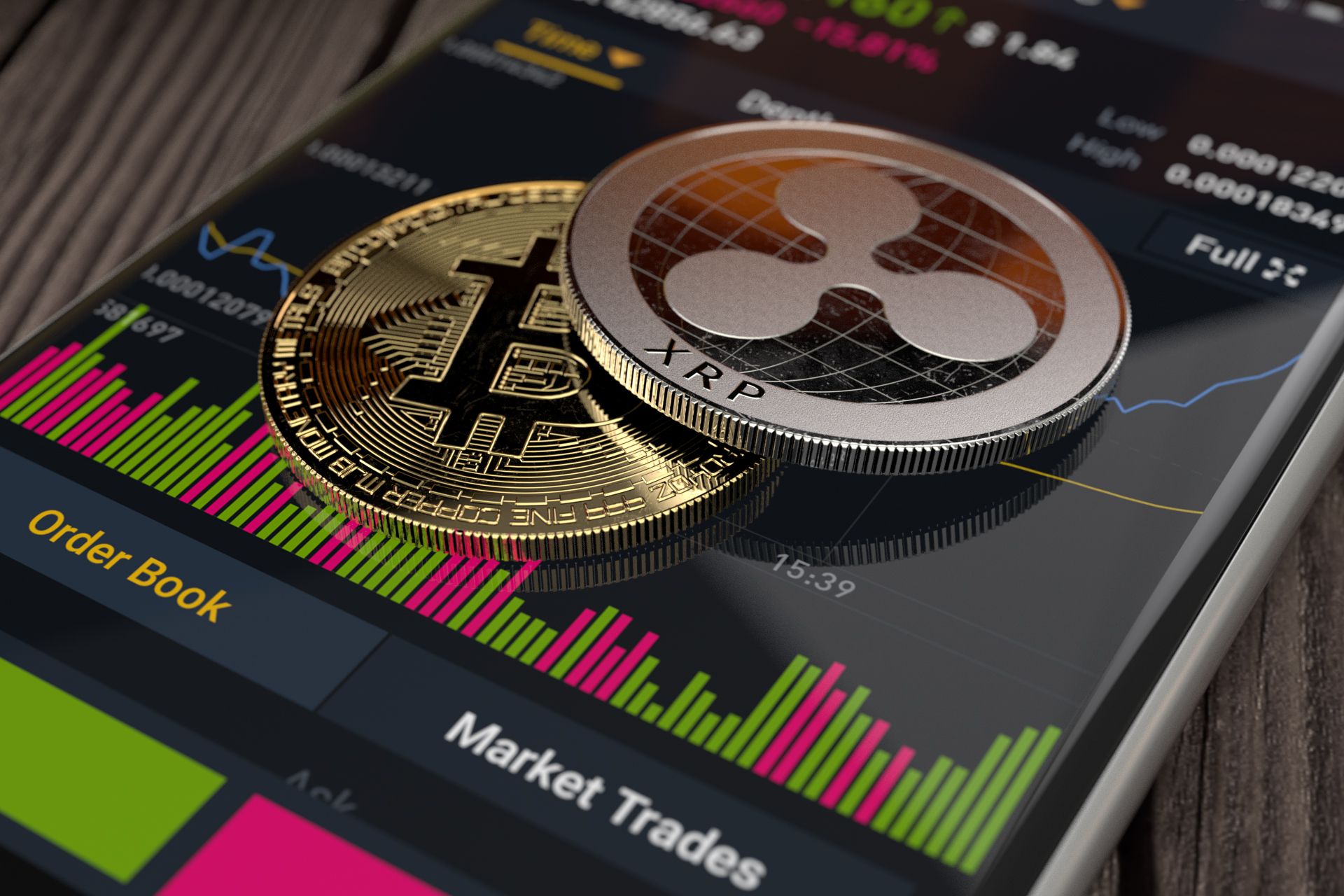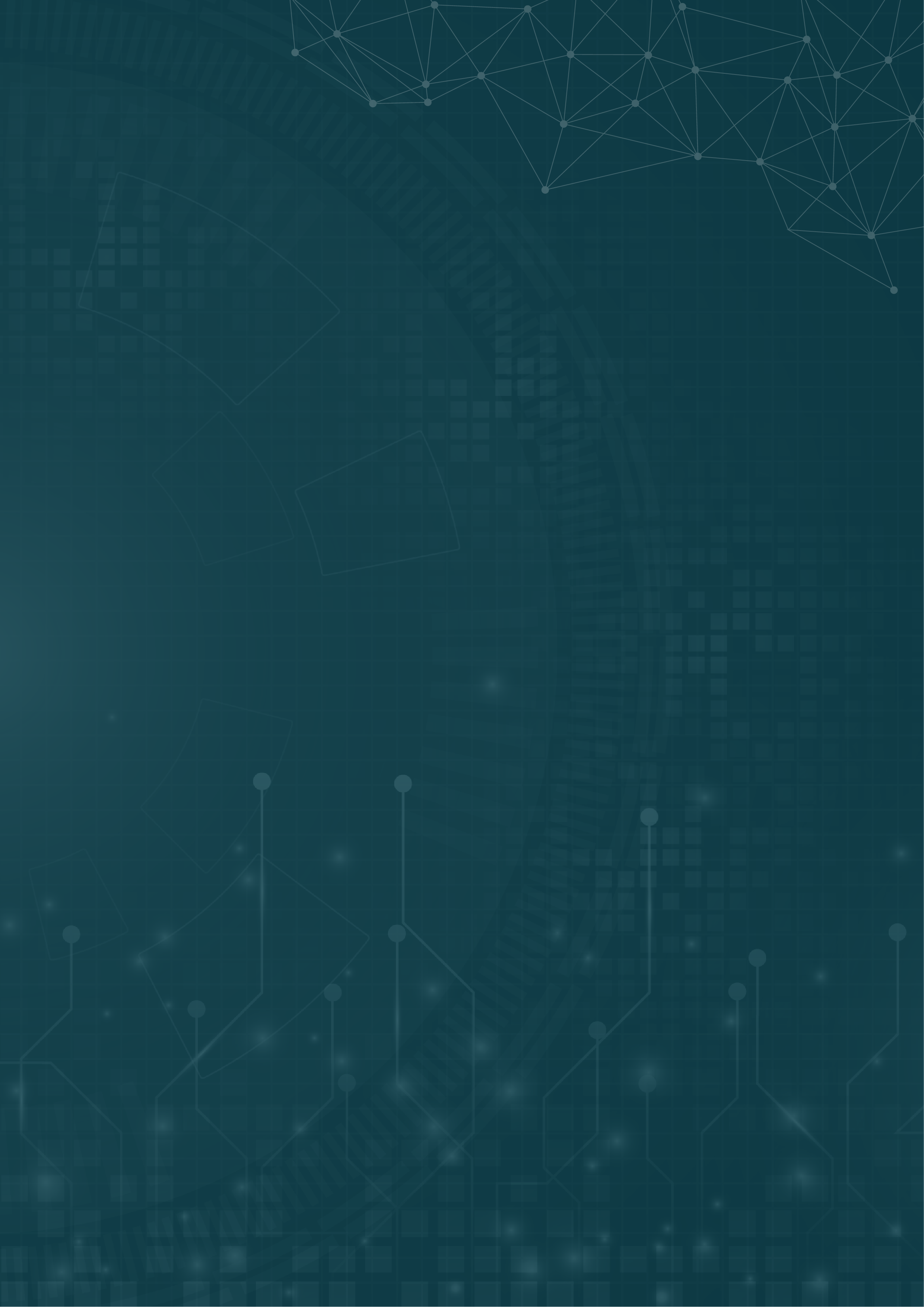REPORT
Enterprise Digital Assets
What are digital assets?
How can enterprises use them?
What are the real-world applications of blockchain?
SHARE THE STUDY
REPORT
Enterprise Digital Assets
What are digital assets?
How can enterprises use them?
What are the real-world applications of blockchain?
SHARE THE REPORT
With support from Ripple, the UCL CBT Research and Industry Associate Community published their insights on how Blockchain and DLT are enabling the new Internet of Value
Not only financial, but also non-financial digital assets are thoroughly discussed in a comprehensive report covering the landscape of blockchain in enterprises.
The emergence of the Internet inspired ambitious goals of a decentralised world with democratic governance and individual data sovereignty. Despite of how revolutionary the Internet was for communication and data transmission, these goals were not attained. On the contrary, blockchain technology is establishing itself as the technology to realise this foregone dream. With logistics, healthcare, finance, and government going through very disruptive innovations, this report walks enterprises through how to take advantage of the new business models that have been unlocked.
With the support from Ripple, the UCL CBT Research and Industry Associate Community published their insights on how Blockchain and DLT are enabling the new Internet of Value
Not only financial, but also non-financial digital assets are thoroughly discussed in a comprehensive report covering the landscape of blockchain in enterprises.
The emergence of the Internet inspired ambitious goals of a decentralised world with democratic governance and individual data sovereignity. However, revolutionary as it was for communication and data transmission, these goals were not attained. However, blockchain technology is establishing itself as the technology to realise this foregone dream. With logistics, healthcare, finance, and government going through very disruptive innovations, this report walks enterprise through how to take advantage of the new business models that have been unlocked.
About the Report
Enterprises need to be prepared to embrace blockchain infrastructure, but this does not mean that they need to build a brand new blockchain to do this. The UCL Centre for Blockchain Technologies has led an important effort to systematise the many ways in which enterprises can take advantage of the new token business models. From both a financial and a non-financial perspective, the use cases studied range from track & trace to even the tokenisation of time.

What digital assets and blockchain mean for enterprises
Digital asset use cases mean many new financial use cases for the enterprise. These include digital currencies, payment tokens, stablecoins, utility tokens and security tokens. However, this does not exhaust the range of blockchain applications for the enterprise. Non-financial use cases include tokenised digital representations of intellectual property, physical goods and materials for supply chain and track and trace purposes, the management of digital documents in general and documentation, timestamping and signing in particular, digitising and accounting for time, and more.
What digital assets and blockchain mean for enterprises
Digital asset use cases mean many new financial use cases for the enterprise. These include digital currencies, payment tokens, stablecoins, utility tokens and security tokens. However, this does not exhaust the range of blockchain applications for the enterprise. Non-financial use cases include tokenised digital representations of intellectual property, physical goods and materials for supply chain and track and trace purposes, the management of digital documents in general and documentation, timestamping and signing in particular, digitising and accounting for time, and more.




